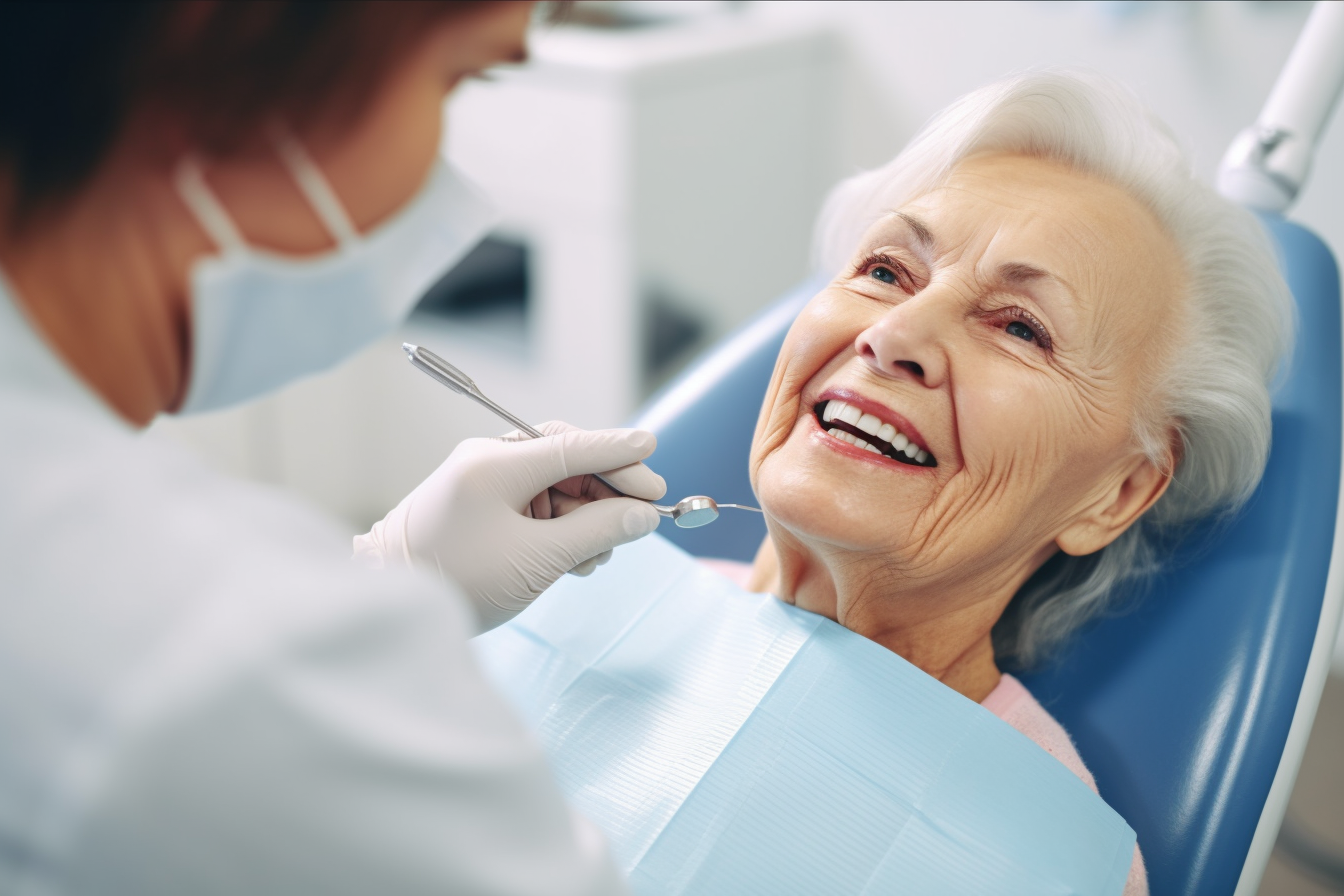Where People Are Finding Dental Grant Opportunities in 2025
Dental grants can make essential treatments more accessible for individuals facing financial limitations. In 2025, various nonprofit programs, foundations, and regional initiatives continue to offer support for procedures ranging from basic care to specialized treatments. This guide highlights where people are exploring these opportunities, including nationwide programs and local resources aimed at expanding access to oral health care.

What are dental grants and how do they work in 2025?
Dental grants are financial assistance programs designed to help individuals afford necessary dental care. In 2025, these grants typically come from nonprofit organizations, government agencies, and private foundations. They may cover a portion or the entire cost of dental procedures, including preventive care, restorative treatments, and even dental implants.
The application process for dental grants often involves demonstrating financial need, providing dental records, and sometimes meeting specific eligibility criteria such as age, income level, or medical conditions. It’s important to note that dental grants are not loans and generally do not require repayment.
Which nationwide programs offer dental financial assistance?
Several nationwide programs continue to provide dental financial assistance in 2025. The Dental Lifeline Network, a long-standing organization, offers comprehensive care through its Donated Dental Services program for elderly, disabled, and medically fragile individuals. Another significant player is the American Dental Association Foundation, which supports various grant programs aimed at improving oral health access across the country.
Additionally, the Health Resources and Services Administration (HRSA) maintains its commitment to oral health through grants that support community health centers and dental workforce development. These programs often collaborate with local dentists and clinics to provide care to underserved populations.
How can people find free dental programs in their local area?
Finding free dental programs in your local area requires some research, but there are several avenues to explore. Start by contacting your state or county health department, as they often maintain lists of free or low-cost dental clinics. Community health centers, which receive federal funding, frequently offer dental services on a sliding fee scale based on income.
Dental schools are another excellent resource for free or discounted care. Students, supervised by experienced dentists, provide a range of services as part of their training. Additionally, some religious organizations and charities operate mobile dental clinics or partner with local dentists to offer free care days.
What role do dental schools play in providing dental care support programs?
Dental schools play a crucial role in providing affordable dental care and support programs. In 2025, many schools have expanded their community outreach efforts, offering a wide range of services at reduced costs. These programs serve a dual purpose: providing hands-on experience for dental students and offering quality care to those who might otherwise struggle to afford it.
Services often include routine cleanings, fillings, extractions, and in some cases, more complex procedures like dental implants. Some dental schools have also established special clinics focused on pediatric dentistry or geriatric care, addressing the unique needs of these populations.
Are there specific dental grant opportunities for dental implants in 2025?
Dental implants, while highly effective, are often considered a costly procedure. However, in 2025, there are specific grant opportunities targeting this treatment. The Cosmetic Dentistry Grants (CDG) program continues to offer partial funding for dental implants and other cosmetic procedures. Some dental implant manufacturers have also established their own grant programs, partnering with dental practices to provide implants to qualified applicants at reduced or no cost.
Additionally, some state-level programs have recognized the long-term benefits of dental implants and have begun including them in their covered procedures for eligible individuals. These programs often prioritize cases where implants are deemed medically necessary rather than purely cosmetic.
How do dental care support programs vary across different states?
Dental care support programs can vary significantly from state to state, reflecting differences in funding, demographics, and healthcare priorities. Some states have expanded their Medicaid programs to include comprehensive adult dental coverage, while others offer only limited or emergency services. In 2025, several states have introduced innovative programs to address oral health disparities.
For example, California’s CalDental program provides extensive coverage for low-income adults, including preventive care and major restorative treatments. Meanwhile, Massachusetts has implemented a unique initiative that integrates dental care into primary healthcare settings, improving access and coordination of services.
| Program Name | Coverage | Eligibility |
|---|---|---|
| CalDental (CA) | Comprehensive, including major restorative | Low-income adults |
| MassHealth (MA) | Integrated dental and primary care | Income-based eligibility |
| Florida Donated Dental Services | Basic to comprehensive care | Elderly, disabled, medically compromised |
| New York State Dental Association Foundation | Varies by program | Income-based, varies by program |
Prices, rates, or cost estimates mentioned in this article are based on the latest available information but may change over time. Independent research is advised before making financial decisions.
In conclusion, while accessing affordable dental care remains a challenge for many, the landscape of dental grant opportunities in 2025 offers hope. From nationwide programs to state-specific initiatives and dental school clinics, there are various avenues for individuals to explore when seeking financial assistance for dental care. As awareness grows and more organizations recognize the importance of oral health, these opportunities are likely to continue expanding, making essential dental treatments more accessible to those in need.
This article is for informational purposes only and should not be considered medical advice. Please consult a qualified healthcare professional for personalized guidance and treatment.




